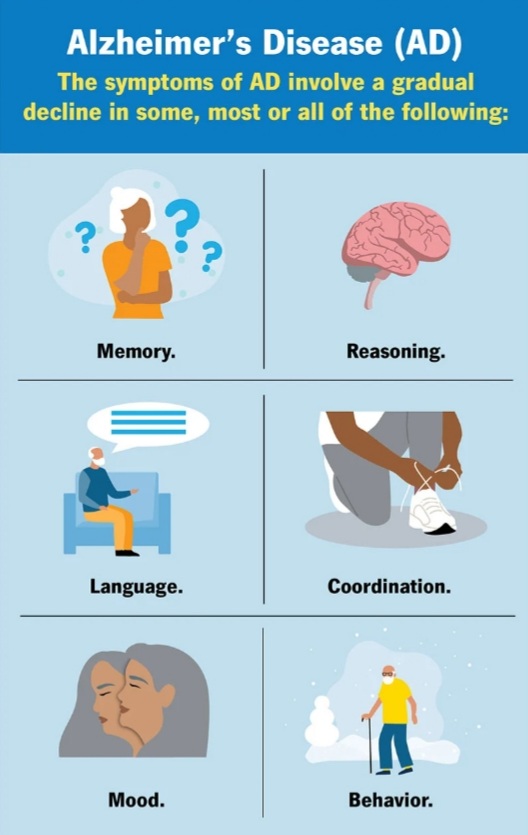A groundbreaking study has revealed that Alzheimer’s disease may be transmitted under extremely rare circumstances.
Five individuals who received growth hormone from cadavers between 1959 and 1985 developed Alzheimer’s, indicating a potential link to infectious proteins.
 The study by a team of nine United Kingdom researchers led by Gargi Banerjee, notes that Alzheimer’s disease is defined by the presence of amyloid-beta in the brain and blood vessels, known as cerebral amyloid angiopathy, along with neurofibrillary tangles of hyperphosphorylated tau.
The study by a team of nine United Kingdom researchers led by Gargi Banerjee, notes that Alzheimer’s disease is defined by the presence of amyloid-beta in the brain and blood vessels, known as cerebral amyloid angiopathy, along with neurofibrillary tangles of hyperphosphorylated tau.
The study further sparked debate on whether Alzheimer’s should be considered a prion disease, shedding light on the complexities of neurodegenerative disorders.
To understand prions as a rare infectious proteins, the researchers noted that it was discovered in the 1980s, and challenged conventional notions of infections.
Classic prion diseases involve misfolded PrP proteins, causing neurodegenerative conditions. While traditionally considered non-infectious, diseases like Alzheimer’s, Parkinson’s and ALS pose prion-line characteristics.
The study then raises questions about the categorization of these disorders and emphasizes the limited risk of transmission through normal contact.
They affirmed that there is no risk of contracting Alzheimer’s from everyday contact, the experts assert that the disease, whether classified as a prion or prion-like disease, cannot be transmitted through routine interactions of caregiving.
The identified cases resulted from specific medical treatments involving contaminated materials.
They also noted that the study underscores the importance of preventing transmission in medical procedures and highlights diverse potential causes for Alzheimer’s disease.


